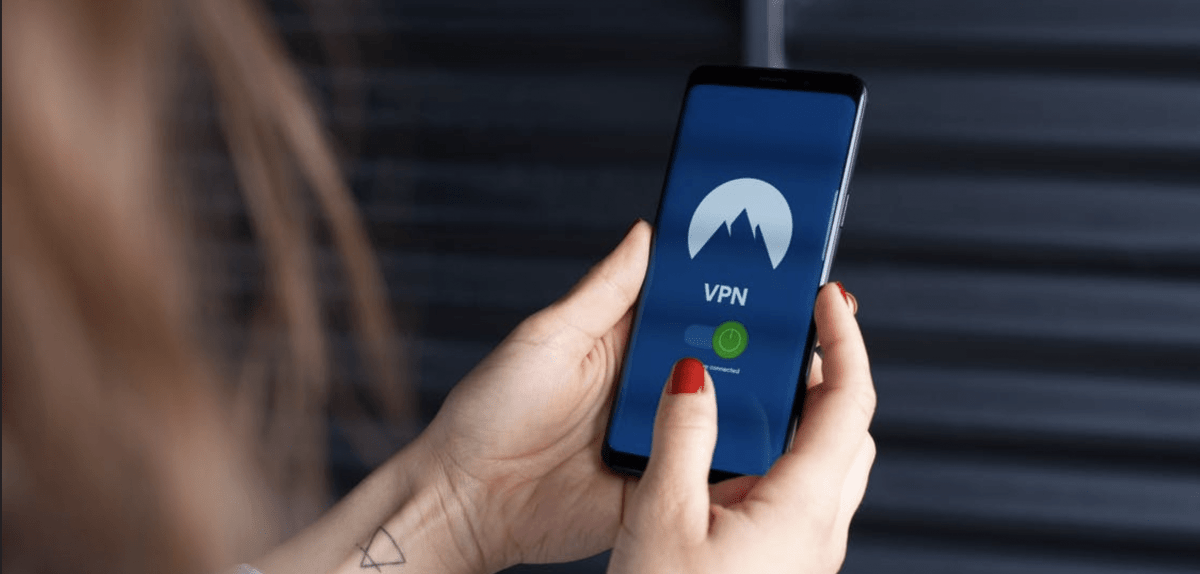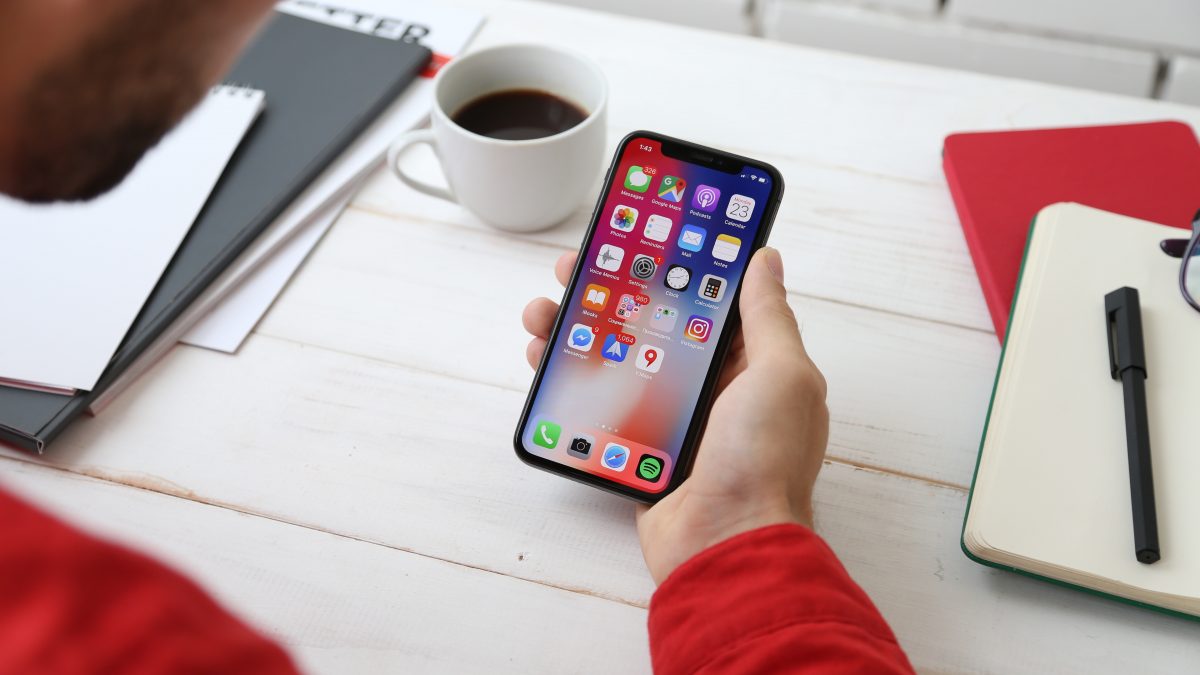The digital era and mobile technology already overtake the world. Many people are now found on their mobile devices. These people are doing random and numerous activities on their mobile gadgets like surfing the internet, connecting with friends through social media, playing games, or interacting with any mobile app.
With the influx of users worldwide, mobile devices have even surpassed the searches done over desktop or laptop. This growth leads to a rise in the demand for mobile app development. Mobile applications have already become an essential facet of the daily lives for mobile users as it comes with ease of use and offers convenience.
However, as mobile apps become popular, and mobile app development continues to grow in demand, many have become susceptible to possible attacks. Some of the most popular apps these days, which include executing financial transactions, uploading sensitive data, and linking with personal information, have been the target of many attacks.
As an app developer, it is your job to make sure that whatever mobile app you develop will not compromise your users’ security. To ensure your user’s safety as well as your app’s credibility, here are ten ways to secure your developed mobile app.
How To Develop A Secure Mobile App
1. Develop Like A Mobile App Attacker
As you build your mobile app, always have an attacker mindset. Ask questions that you think would help secure your mobile app, like if you can easily exploit the developed app, is the code easy to crack, or if the mobile app can be easily hacked. No matter how small the issue you find in your developing mobile app, make sure to fortify it. Any minor vulnerability can be a passageway for cybercriminals and hackers to attack your application.
Do code reviews to help eliminate any possible attack. Spend time looking for possible ways to break the app. Make sure you also address apparent flaws in your mobile app.
2. Collaborate With Your Security Team From The Start
Building an app is not a one-step process. It involves planning, researching, brainstorming, building prototypes, much testing, and more. Whatever stages you have in your app development, ensure that you include security as part of its essentials.

Your security team should be part of your mobile development process form the very start. Always make sure that you ask your security team for an opinion on how to make your mobile app flawless with regards to security.
3. Always Conduct Tests And More Tests
Testing your mobile app is an essential step as you need to take to ensure that your app can withstand any possible attack. In a recent study, 60% of developers are not confident about their mobile app security, yet they do nothing about it. As a responsible mobile app developer, make sure that you conduct many tests to make sure that your app’s security foundation is strong.
4. Watch Out For Third-party Security Loopholes
While it is not wrong to incorporate codes from third-parties, either free or paid, you have to remember that these codes are not always safe. Many developers try to avoid it as much as they can. If the need arises and you badly need to incorporate any third-party code, make sure to read reviews and make a thorough investigation of your third party modules.
5. Always Remember The SSL Certificate
Mobile apps that lack SSL certificates are always vulnerable to hacking attacks. The absence of this certificate will allow hackers to infiltrate your app, intercept your traffic, and carry out a fake login, redirecting your users. Studies show that most apps do not adequately implement SSL validation and are very much susceptible to attacks like man-in-the-middle.

To avoid this, ensure that your mobile app implements SSL certificates to make a secure channel between your user and your server.
6. Include User Authentication In Your App
Requiring your users to create a password in accessing your mobile app is the first line of defense. However, many users tend to forget their passwords or make a weak password, which makes hackers easily crack logins. To solve this problem, implement two-factor authentication or 2FA in your mobile application. Primarily if the mobile app you are developing will be used for financial transactions, will require confidential information, or store personal data, make sure to authenticate the identity of the user.
Alongside passwords, add 2FA elements like random codes that users can access using a registered mobile phone or their emails. You can also include a fingerprint scan or retina scan to boost your app’s login security.
7. Review Your API
An essential part of backend programming, API are usually security threats that give headaches to most developers. To ensure the safety of your API or Application Programming Interface, make sure that it is verified by whatever platform you are using to develop your app.
8. Encrypt The Data Required By Your Device
Personal or confidential information stored over an app is a recipe for an attack. If it is indispensable to collect confidential information, make sure that it is secured within the app. You can do this by encrypting all the sensitive information found on your device.
Avoid compromising all the confidential data your app users have entrusted you. Make sure that you take the time to study and find the best place to store your data. This move will make it beneficial for you and your app security standpoint.
9. Minimize Permissions
As much as possible, avoid too many permission grants on your app. If you do not need to access the camera, do not ask for it. If your mobile app does not use contacts, then do ask permission from it. Remember that every permission request that your app ask is another connection that can pose vulnerabilities. Design your mobile app with zero-trust security in mind.
10. Craft A Secure Code
Attacks in mobile apps usually start from the codes you have written. Most attackers and hackers look for vulnerabilities in your codes, and when they find one, they will use it to break in your mobile app. Always keep your codes sturdy to break and still maintain its security top of mind. Make sure that it cannot be reverse-engineered by making it incomprehensible. It would be wise also to design your code that is easy to update and patch even on your user’s end.
Final Thoughts
These are just some of the many other ways you can do to make your mobile app attack-proof. Make sure to implement it. Ensuring security in every step of your mobile app development will protect your users and your mobile app’s reputation. It will also protect your credibility as a mobile app developer.
AUTHOR BIO: MARICAR MORGA
Maricar Morga worked as a marketing professional for almost a decade. She became part of the biggest real estate company/mall operator in the Philippines and handled concerts, events and community service-related activities. One of her activities became a nominee in the ICSC Asia- Pacific Shopping Center Awards 2018. Leaving her corporate job for good to pursue her dreams, she has now ventured in the path of content writing and currently writes for Softvire Australia and Softvire New Zealand. A Harry Potter fan, she loves to watch animated series and movies during her spare time.




